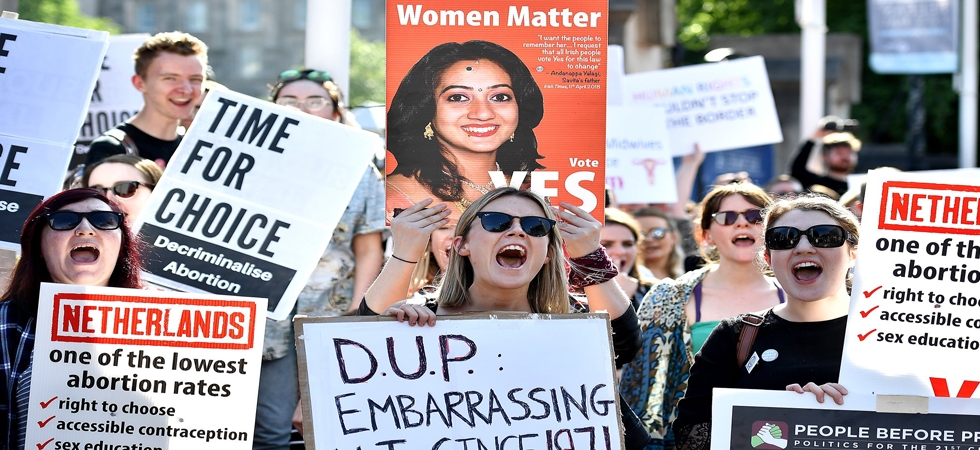WASHINGTON, October 11 (C-Fam) A high court judgment in Belfast last week ruled that Northern Ireland’s abortion restrictions are a violation of human rights commitments, further increasing the pressure on the territory, which is part of the U.K., to remove its legal protections for the unborn.
The case was brought by a woman who had sought an abortion after learning her unborn child had a likely-fatal abnormality. Upon having her request denied in Northern Ireland, where abortion is only permitted in cases of serious risk to the life or health of the mother, she traveled to England for the abortion.
According to Justice Siobhan Keegan, the lack of an exception for fatal fetal abnormalities in the Northern Irish abortion law was a violation of Article 8 of the European Convention on Human Rights. However, the court did not make a formal declaration that the law is incompatible with the convention due to a pending bill in the U.K. parliament that could decriminalize abortion in Northern Ireland entirely.
Separately from the rest of the U.K., Northern Ireland has set its own laws regarding abortion for the last couple decades, through its own assembly in Stormont. However, the inability to form a new government since 2017 has left the Northern Irish legislative process stalled. This summer, the U.K. parliament stated its intention to decriminalize abortion in Northern Ireland if a new government was not formed in Stormont by October 21.
Northern Ireland is one of the few remaining parts of Western Europe with strong pro-life laws. Pro-abortion groups claimed a huge victory when the Republic of Ireland liberalized its abortion laws in 2018, and Malta and Poland face ever-increasing pressure to follow suit.
In its international diplomacy, the United Kingdom of Great Britain and Northern Ireland (the U.K.) has been outspoken in favor of “reproductive health” language in UN resolutions, and recently pledged 600 million pounds to promote it around the world. In a statement seen as a rebuke to the U.S. pro-life stance at the recent General Assembly opening, the U.K. foreign development minister declared, “The U.K. is committed to defending and promoting sexual and reproductive health and rights.”
The U.K. has received strong pressure to change the abortion laws in Northern Ireland from multiple human rights mechanisms in the UN system. Expert bodies monitoring the U.K.’s compliance with multiple human rights treaties have urged decriminalization, including those on civil and political rights, economic, social, and cultural rights, women’s rights, protection against torture, the rights of the child, and the rights of person with disabilities. These treaty bodies have issued observations condemning Northern Ireland’s pro-life laws a total of ten times since 1999, when the Good Friday Agreement allowed for such matters to be determined internally in Northern Ireland. The U.K. has been pressured on abortion in Northern Ireland by fellow countries in the Universal Periodic Review (UPR) as well.
In the Wall Street Journal, Niamh Ui Bhriain points out that abortion legalization, and the threat of it being imposed by the U.K. Parliament rather than the local legislature, are not popular among the Northern Irish people.
Bernie Smyth, director of the Northern Irish pro-life group Precious Life, expressed sorrow at the court ruling. She warned that the larger goal of this effort is the full decriminalization of abortion throughout the U.K., where it is nominally a criminal matter, albeit with broad enough exceptions for abortion to be essentially available on demand.
Rebecca Oas, PhD writes for C-Fam. This article first appeared in the Friday Fax, an internet report published weekly by C-Fam (Center for Family & Human Rights), a New York and Washington DC-based research institute (https://c-fam.org/). This article appears with permission.

